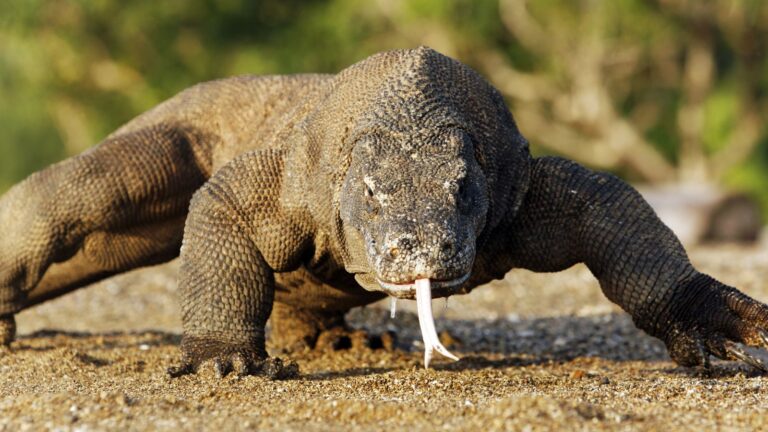The world is filled with amazing animals that captivate us with their beauty, charm, and power. Unfortunately, there are also many creatures that have been unjustly labeled due to their natural characteristics, which they really can’t help. Either way, this list highlights 18 animals that have the worst reputations in the animal kingdom.
Mosquito
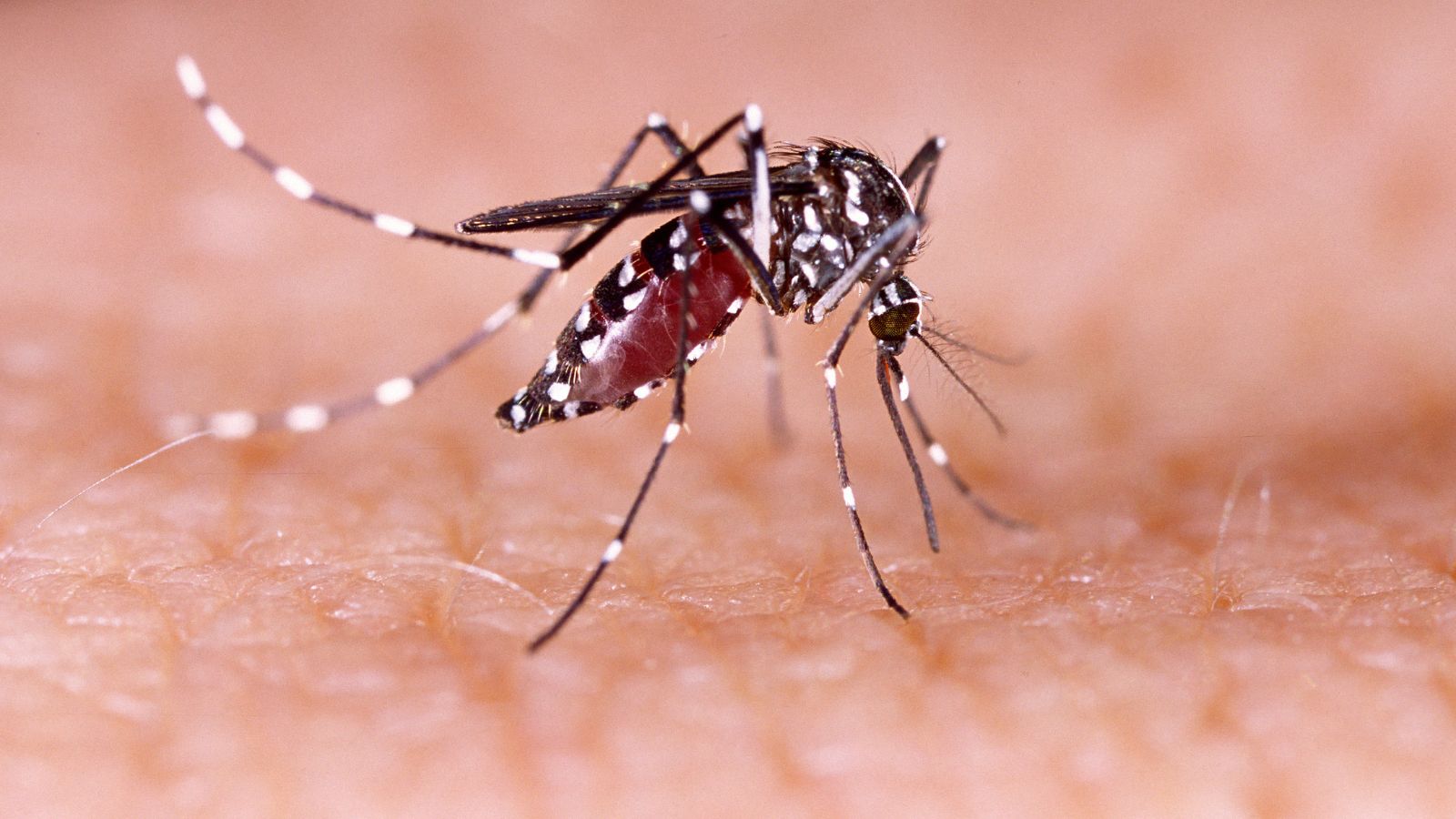
Mosquitos are considered one the deadliest animals in the world because of the potentially lethal diseases they transmit, such as malaria, dengue fever, and Zika virus. In fact, according to the AMCA, they may be responsible for one million deaths every single year, so their bad reputation is pretty justified.
Crocodile
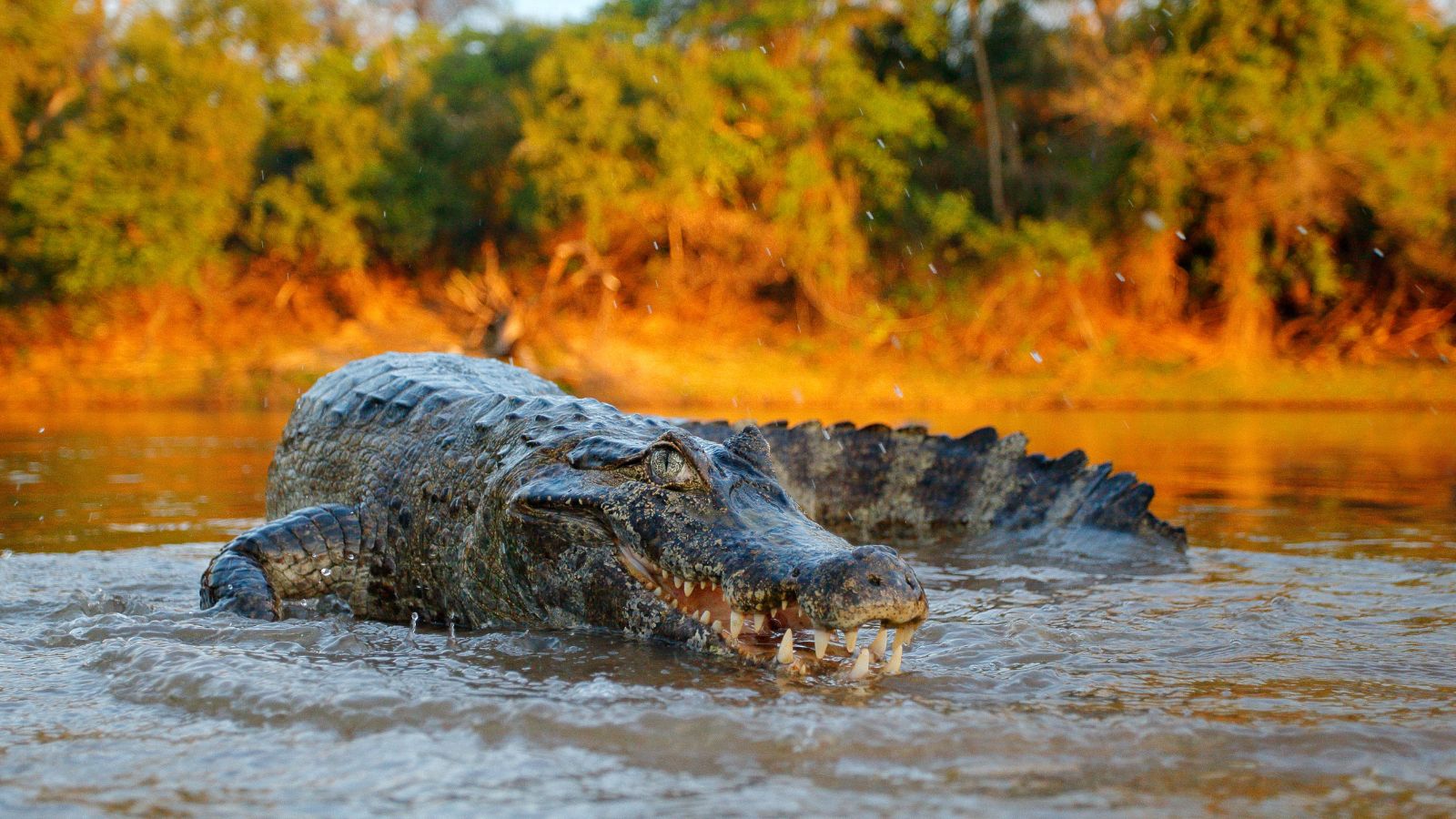
As intimidating apex predators, crocodiles are feared by many people. They also have a bad reputation for attacking and even killing humans in some parts of the world. However, they play a vital role in maintaining ecosystem balance by keeping prey populations in check.
Hyena

Hyenas are often depicted as evil villains in books and movies such as The Lion King, leaving many people with an unfavorable impression. But despite the misconceptions, hyenas are skilled hunters with beautiful markings and a unique vocalization that sounds just like laughter.
Vulture
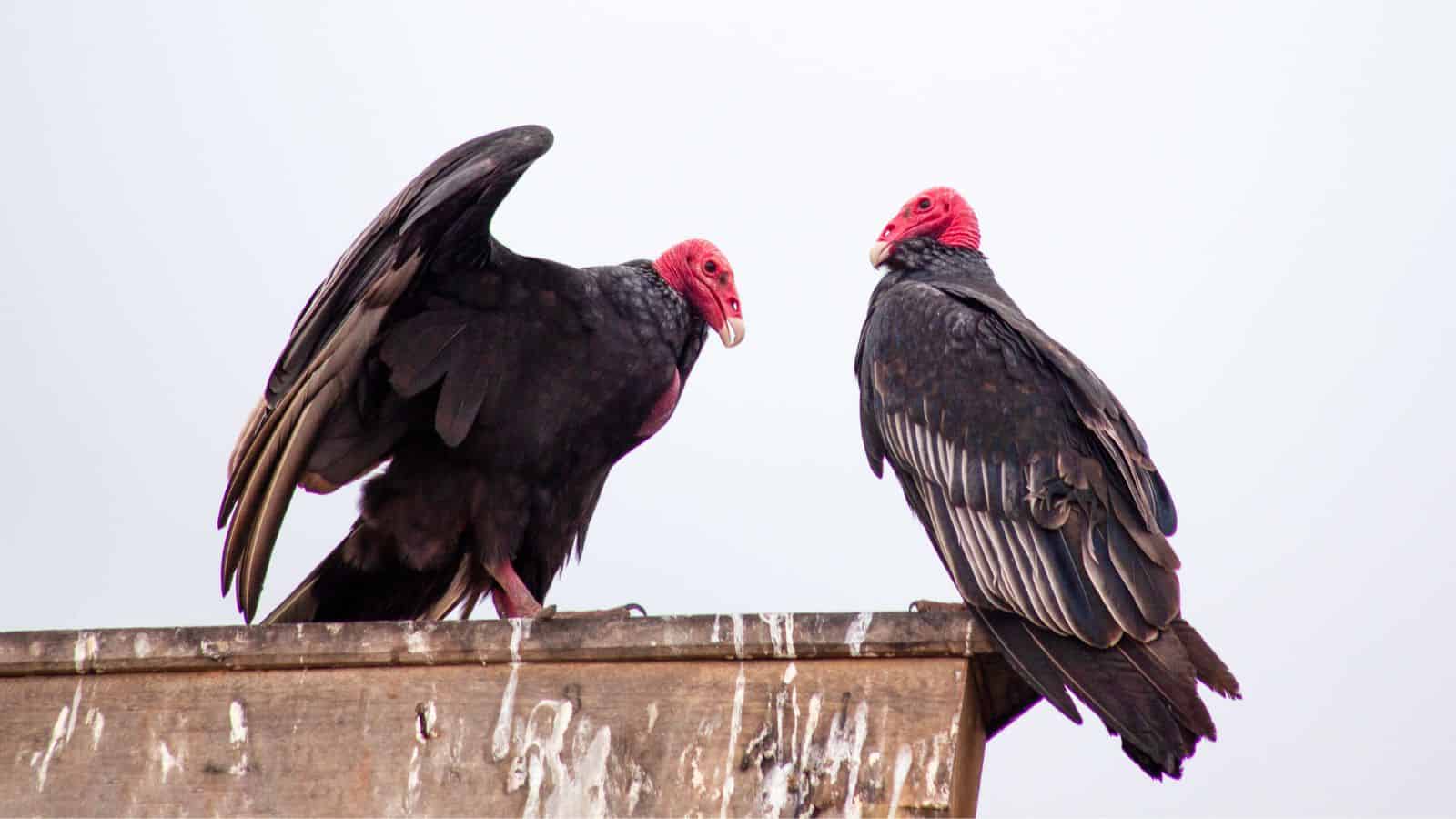
Like hyenas, vultures are often associated with evil, decay, and scavenging from animal corpses. However, they actually play an essential role in the ecosystem, helping to clean up dead animals and prevent the spread of disease. According to Wild View, they have powerful stomach acids that help them digest diseases such as rabies, tuberculosis, and anthrax.
Bat

Bats have gained a bad reputation through their portrayal as vampiric creatures and blood-suckers and their association with superstitions. However, you just have to do a little research to discover that bats are adorable creatures who play an important role in pollination, seed dispersal, and pest control.
Spider

Unfortunately, the simple presence of a spider is enough to strike terror into the hearts of many arachnophobes. While our aversion largely stems from a natural instinct that protects us against potentially venomous bites and stings, most of these little critters are completely harmless and will never attack us unless they are provoked.
Shark

Sharks have gained a bad reputation for being bloodthirsty monsters, especially through the popular movie Jaws. But did you know that the author behind the book that inspired the movie, Peter Benchley, later said that he regretted writing it? According to Boston.com, he later realized “there is no such thing as a rogue shark which develops a taste for human flesh” and that “no one appreciates how vulnerable they are to destruction.”
Snake

Many humans have a natural fear of and aversion to snakes. While this makes sense because some of them can be venomous and dangerous, the vast majority of snakes are non-venomous and harmless to humans. What’s more, even venomous snakes are very unlikely to attack people unless they’re provoked.
Rat

Rats have long been associated with filth and disease. However, while they can transmit diseases to humans, proper hygiene and sanitation significantly reduce this risk. Rats also play an important role in the ecosystem, helping to disperse seeds and clean up waste.
Scorpion

Scorpions are commonly associated with venomous stings and danger. But in reality, scorpion stings are rare and usually only result from provocation. Very few species pose a threat to human health and stings are rarely fatal. What’s more, scorpions play an important role in controlling insect populations and maintaining a healthy ecosystem.
Komodo Dragon
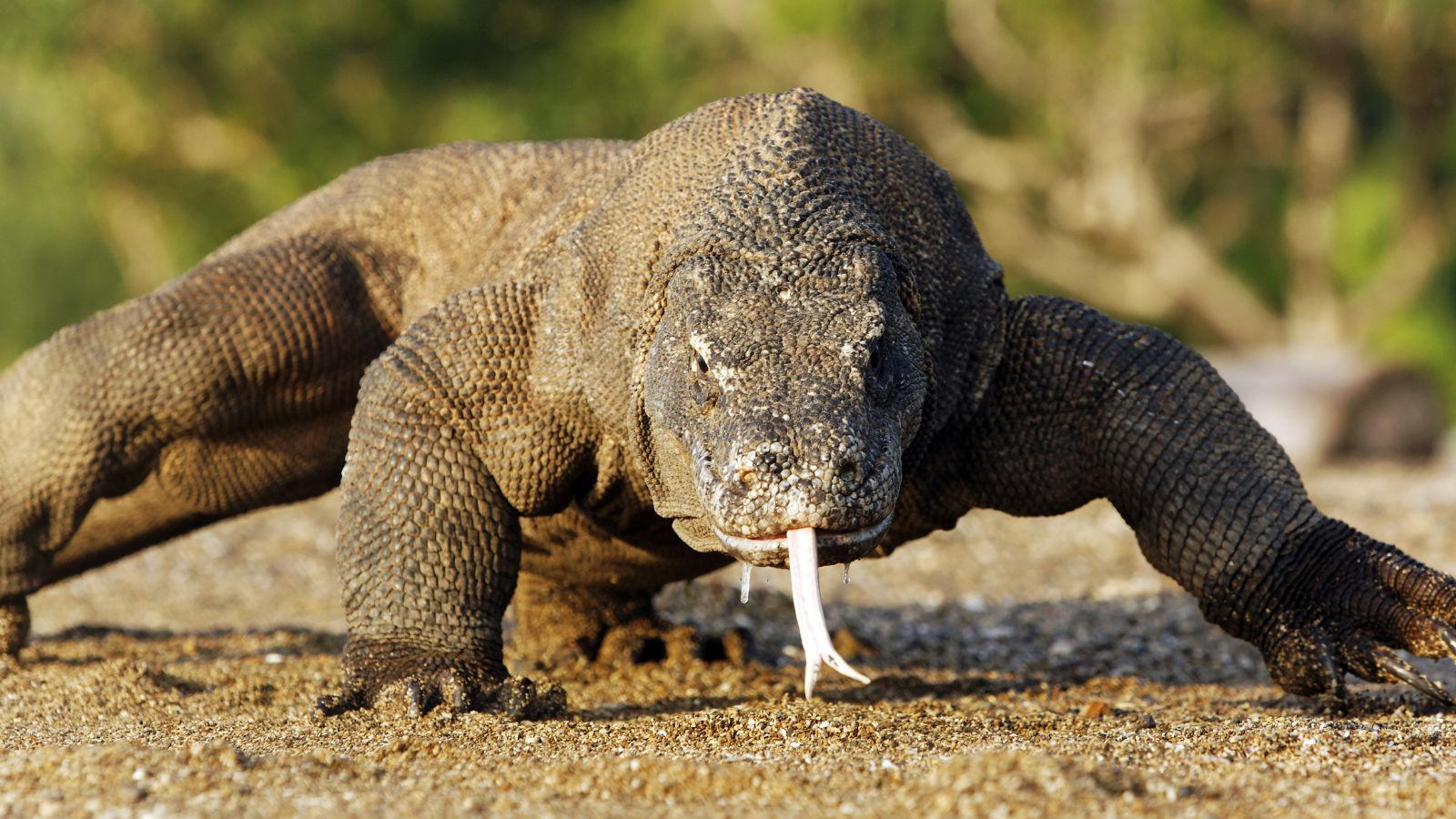
Komodo dragons, also known as Komodo monitors, are feared by many for their brutal hunting behaviors and dinosaur-like appearance. However, like other misunderstood predators, they will rarely ever attack humans and play an important role in ecosystem balance.
Jellyfish

Jellyfish are commonly feared by humans for their ability to inflict painful stings. While some species of jellyfish, such as the Australian box jellyfish and Irukandji, can inflict life-threatening stings, the vast majority are harmless to humans. This is why jellyfish-related deaths are so rare.
Coyote

Coyotes are often depicted as dangerous, cunning predators who find joy in their destruction. However, while they can pose a threat to domestic animals and livestock, attacks on humans are very rare. Coyotes also play a key role in controlling rodent populations and keeping urban areas clean.
Tasmanian Devil

As their name suggests, Tasmanian devils haven’t received the warmest welcome from us humans. Many people associate them with their aggressive behaviors and scary vocalizations. However, in actuality, they are usually rather timid around people and prefer to flee rather than attack.
Wolf

In many fairy tales, movies, and books, wolves are portrayed as dangerous, cunning predators who pose a significant threat to humans. However, the International Wolf Center notes that there have only been 26 fatal wolf attacks between 2002 and 2020, 14 of which were due to rabies.
Elephant

While many people love elephants for their intelligence, strength, and wisdom, others can find their sheer size and power intimidating. However, attacks on humans are rare and usually only occur when they are provoked or threatened. Sadly, we pose much more of a threat to elephants than they do to us.
Hippopotamus

Despite being primarily herbivorous, hippos are known for being one of the most dangerous animals in the world. In fact, they are responsible for about 500 deaths every year, making them more dangerous than any other large animal. However, attacks can be avoided by respecting their space and staying out of their territory.
Piranha

Piranhas are known for their sharp teeth and aggressive feeding behaviors, making them pretty scary to a lot of people. But they play an important role in aquatic ecosystems by scavenging for carrion. Moreover, they will rarely attack humans unless they are provoked or low on food.

